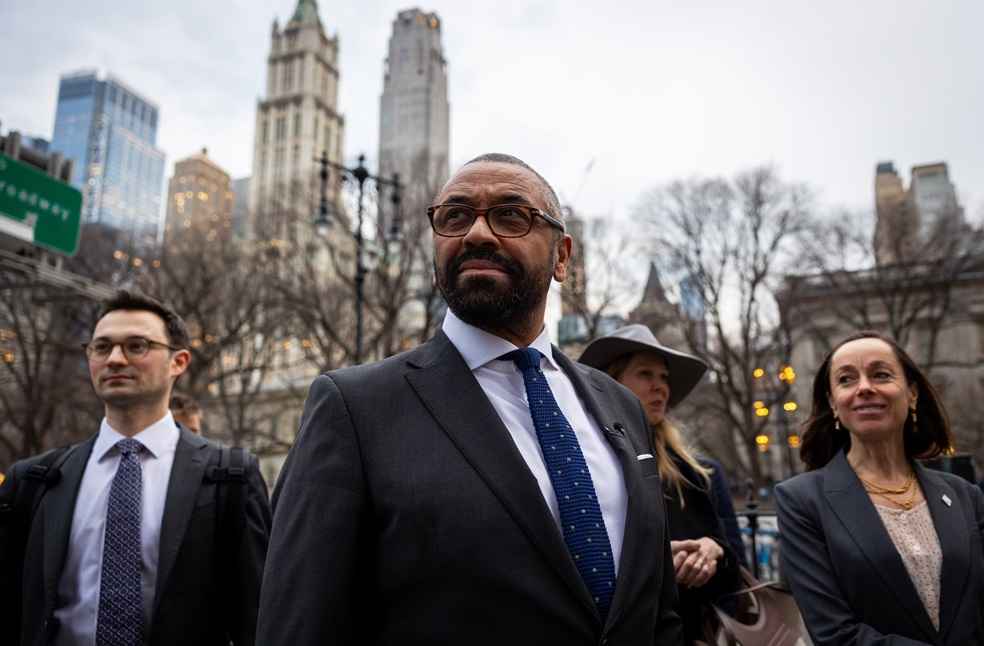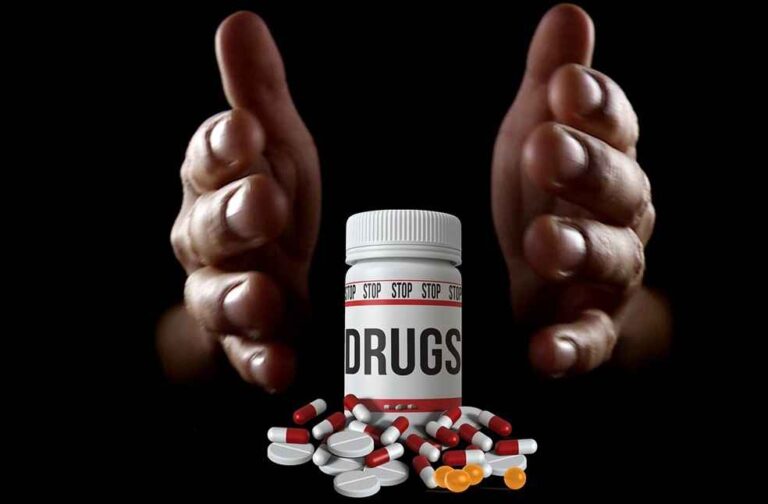United Kingdom: The government of the UK has announced that now fifteen synthetic opioids, along with fentanyl, are under strict control. This move aims to curb drug-related deaths in the UK and ensure that those who supply these substances face tougher penalties.
Following guidance from the Advisory Committee on the Misuse of Drugs (ACMD), 15 additional synthetic opioids, including 14 nitazenes, were listed as Class A drugs under the Misuse of Drugs Act 1971. These substances carry highly addictive and extremely harmful side effects, which pose a high risk of accidental overdose. It seems to be a widespread problem in other countries.
The Government’s focus is on delivering treatment to helpless people who might be selling these deadly drugs. The UK wants to send a clear message to everyone that the new move means strict action with full force on those involved in the production or distribution of these drugs. Penalties may include imprisonment for life, an unlimited fine, or both.

Home Secretary James Cleverly said that, “We are highly alert to the threat from synthetic drugs and have been taking a range of preventative action, learning from experiences around the globe, to keep these vile drugs off our streets. Our plan is working – the overall quantities of synthetic opioids reaching the UK remain lower than other countries, but we are not complacent. Placing these toxic drugs under the strictest controls sends a clear message that the consequences for peddling them will be severe.”
Crime and Policing Minister Chris Philp stated that, “Synthetic opioids are significantly more toxic than heroin and have led to thousands of deaths overseas. We are determined to ensure these destructive and lethal drugs do not take hold in our communities in the UK. We have a strategy that is tackling the soulless criminal networks supplying these drugs and are building a world class treatment system to turn lives around. We are enhancing our early warning system to ensure the right agencies can respond rapidly if these drugs are detected in communities.”

The UK is improving its supervision and early alert system to enhance its power to chase destructive drugs. It was first defined by the Crime and Policing Minister at the annual United Nations Commission in Vienna last week. This will involve sophisticated monitoring of the existence of synthetic drugs by analysing wastewater at specific sites or recording spikes in overdoses. Based on the results, rapid action can be taken in the communities where they are detected.

At the conference, Chris Philp and Secretary of State Antony Blinken jointly vowed that the two countries would work together to tackle the synthetic opioid threat, including acknowledging the necessity for global action against nitazenes. The UK is a long-standing funder of the UN’s Early Warning Advisory System and joined the US-led Global Coalition to Address Synthetic Drugs.
In addition to those 15 drugs, five drugs, including three stimulants that carry parallel effects to ketamine, were banned. A synthetic cannabinoid receptor agonist (SCRA) dubbed cumyl-PeGaClone is also controlled as a Class B drug and a short-acting benzodiazepine drug called remimazolam is now Class C.



